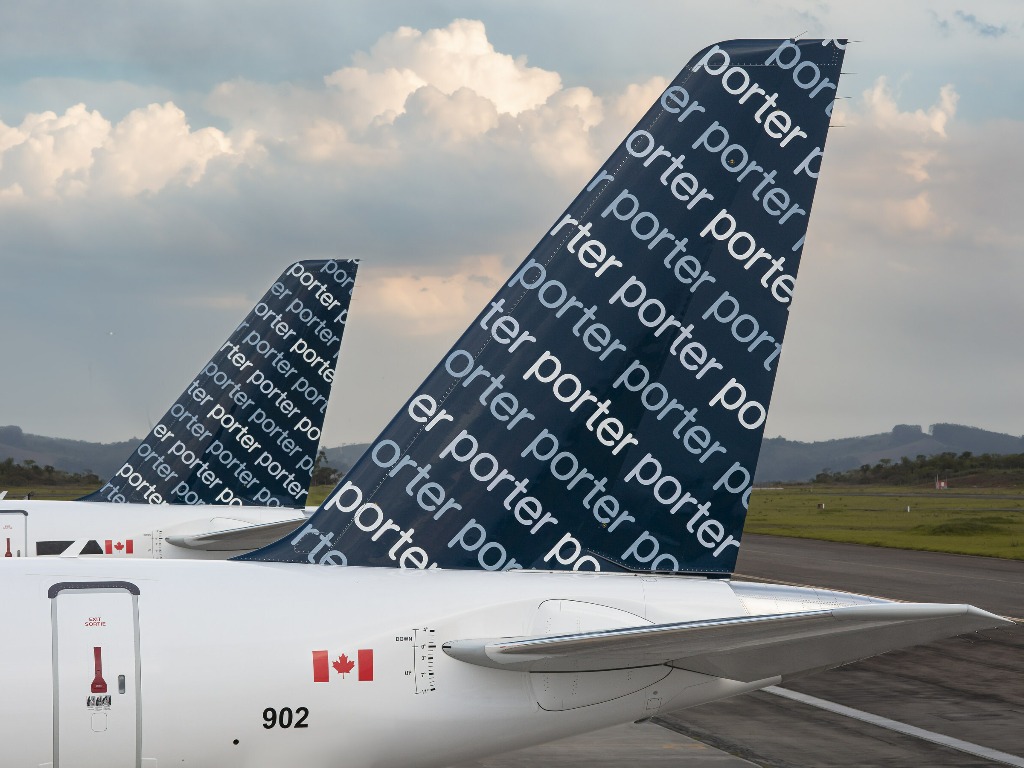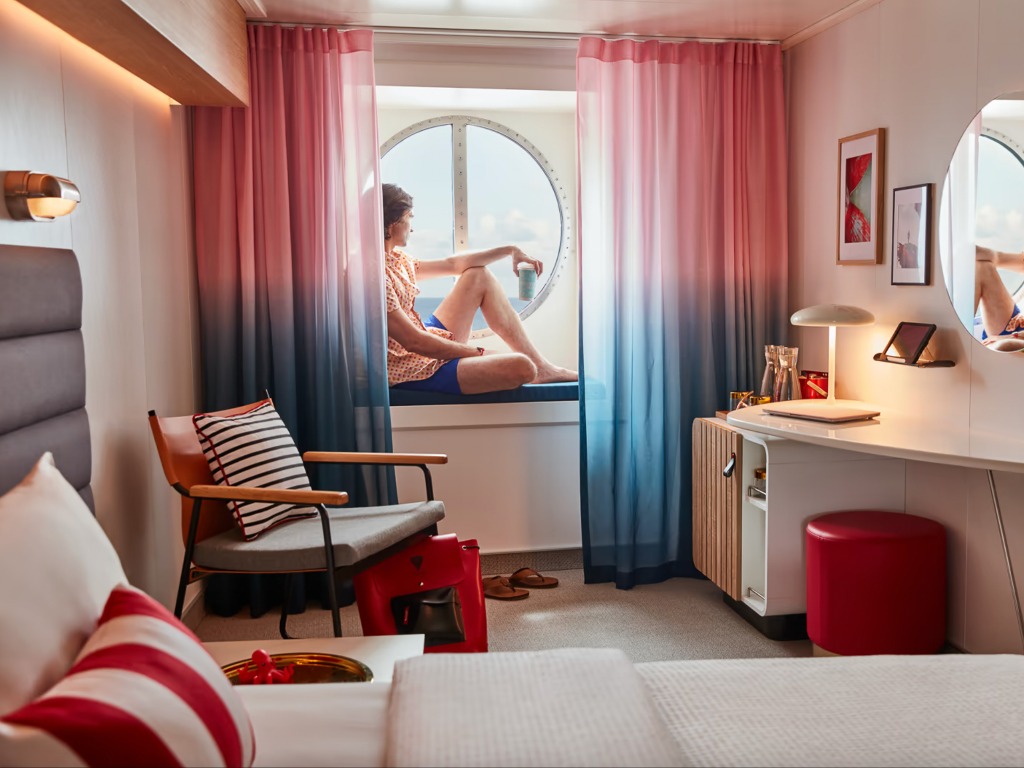A Badge Of Sustainability

Booking.com has launched its Travel Sustainable badge — a credible, globally relevant sustainability measure that will provide highly coveted information to travellers all over the world looking to make more sustainable travel choices.
The badge is available to any kind of property that has implemented a combination of sustainable practices that meet the requisite impact threshold for their destination.
Designed to be applicable to a wide range of property types, from apartments, B&Bs and holiday homes to hotels, resorts and even treehouses, and adaptable to local realities and considerations, the initiative is a first of its kind in the industry. The goal of the badge is to make credible recognition of impactful sustainability efforts attainable for more properties worldwide and to provide travellers with a transparent, consistent, and easy-to-understand way to identify a wider range of more sustainable stays, no matter where they want to travel.
The company’s ambition — alongside the Travalyst Coalition in which Booking.com is a Founding Partner — is to create a universal and transparent measure for sustainable property information, across the industry.
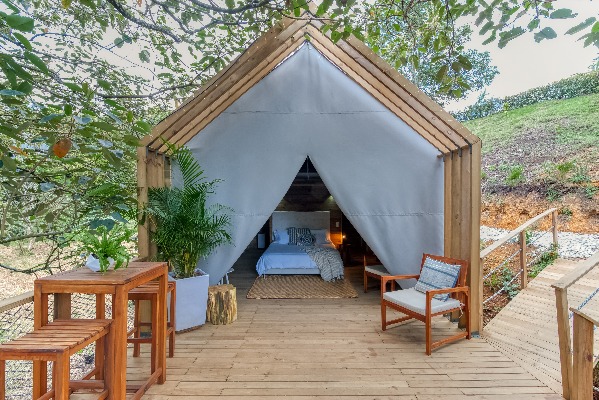
As such, this first version of the Booking.com Travel Sustainable badge leverages the first set of attributes validated by the Travalyst Independent Advisory Group. The badge focuses on highlighting practices that are most relevant to a broad range of property types, as well as their high-impact potential, whether it is an apartment in Amsterdam, a homestay in India or a resort along the Gold Coast in Australia.
Building off the credible standards for sustainable accommodation already in place, Booking.com has collaborated with industry experts, including through Booking.com’s leading role within the Travalyst Coalition and other industry experts, to identify a set of the most impactful practices for a property to consider in five key areas:
- Waste
- Energy and greenhouse gases
- Water
- Supporting local communities
- Protecting nature
This foundational framework is currently further broken down into 32 specific sustainability measures or practices that properties can implement, including everything from eliminating single-use plastic toiletries or switching to LED light fixtures to running on 100% renewable energy sources or investing a certain percentage of profits into local community and conservation projects.
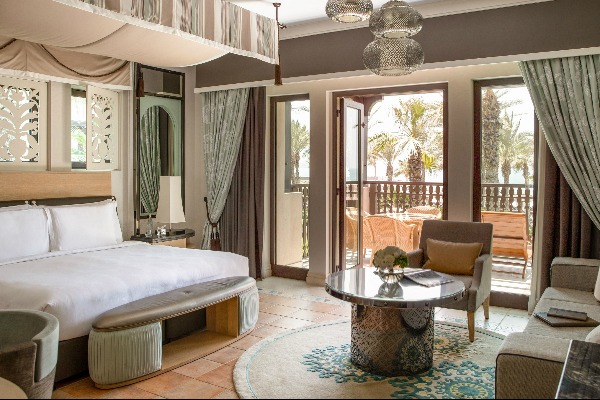
For each one of these practices, Booking.com has also worked with reputable sustainability consultancy Sustainalize to develop a robust methodology that assesses these practices’ relative weight in the model.
As these weights fully depend on the environmental and/or social impact of the practices, the model is fit for purpose to identify partners that pursue meaningful sustainability efforts.
The calculation also considers the property’s location and accounts for its size, improving the model’s accuracy and applicability among the large variety of Booking.com’s partners.
All these calculations come together, with each practice being weighted accordingly and taking local factors into account, to create an overall score for the property’s sustainability practices. While the goal has been to create a universal model, operating sustainably means different things in different markets.
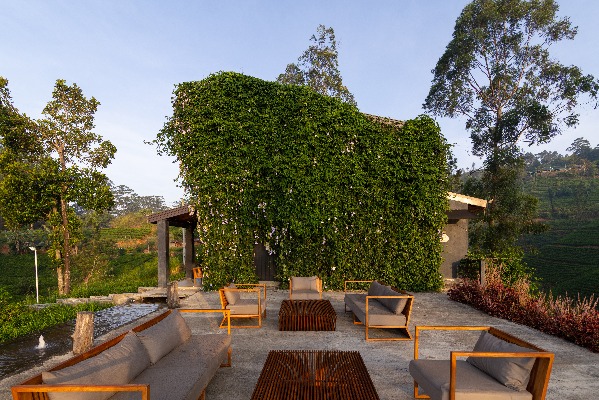
For example, water-reducing measures in an area prone to drought or sourcing renewable energy options in a country where that’s not yet widely available are weighted as being more impactful. More detailed information on how individual properties around the world have achieved the badge is available in this updated section of the Travel Sustainable Handbook on the Booking.com Partner Hub.
Properties that meet the required threshold for impact are receiving the first version of the Travel Sustainable badge, including those with a broad range of existing certifications and labels, for example those officially approved by the Global Sustainable Tourism Council (GSTC), Green Tourism and the EU Ecolabel.
This framework approach and measurement methodology have been officially developed within the Travalyst Coalition and approved by the Travalyst Independent Advisory Group, and continue to be developed with further consultation and advice from the Global Sustainable Tourism Council (GSTC).
According to a new study just released by EY Parthenon and Booking.com, despite emitting 264 million metric tons of CO2-equivalent emissions per year, representing 10% of the total annual emissions of the tourism industry, the accommodation sector has the opportunity to lead the way in making travel and tourism more sustainable.
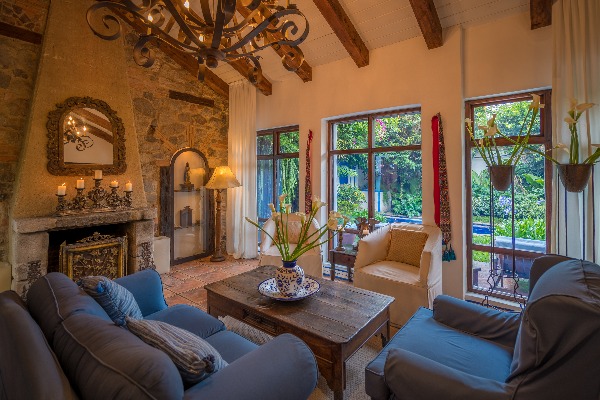
While significant investments are needed to reach net zero by 2050 (€768 billion), the research findings highlight that many accommodations have already implemented a range of carbon emissions measures. With adoption levels of the most efficient available technologies and practices varying between 30% and 70%, there is significant opportunity for improvement.
In addition, considering that 71%* of Canadian travellers state they want to stay in a sustainable accommodation in the upcoming year and with more than 28 million listings on Booking.com, the company sees a tremendous opportunity to showcase more of the impactful efforts its accommodation partners are taking on their important journeys to create more sustainable experiences, and in turn, make it easier for travellers to find a sustainable way to stay.
The Travel Sustainable badge is also a concrete response to the 72% of travellers who expect the industry to offer more sustainable options. And with three-quarters (73%) indicating that they would be more likely to choose a specific accommodation if they knew it was implementing sustainable practices, the Travel Sustainable badge and program helps reward and further encourage all accommodation providers to take the next steps on their individual sustainability journeys, ultimately increasing the overall amount of sustainable accommodation options available.
During this first phase of launch, the Travel Sustainable badge and an overview of individual property sustainability efforts will initially be visible to travellers on property pages across the Booking.com app and website globally.
As the rollout continues, the Travel Sustainable icon will also start to appear on property listings on the search results page over the coming weeks, along with a Travel Sustainable filter to help travellers identify more sustainable options from the beginning of their search experience on Booking.com.
Go to www.sustainability.booking.com for more.

